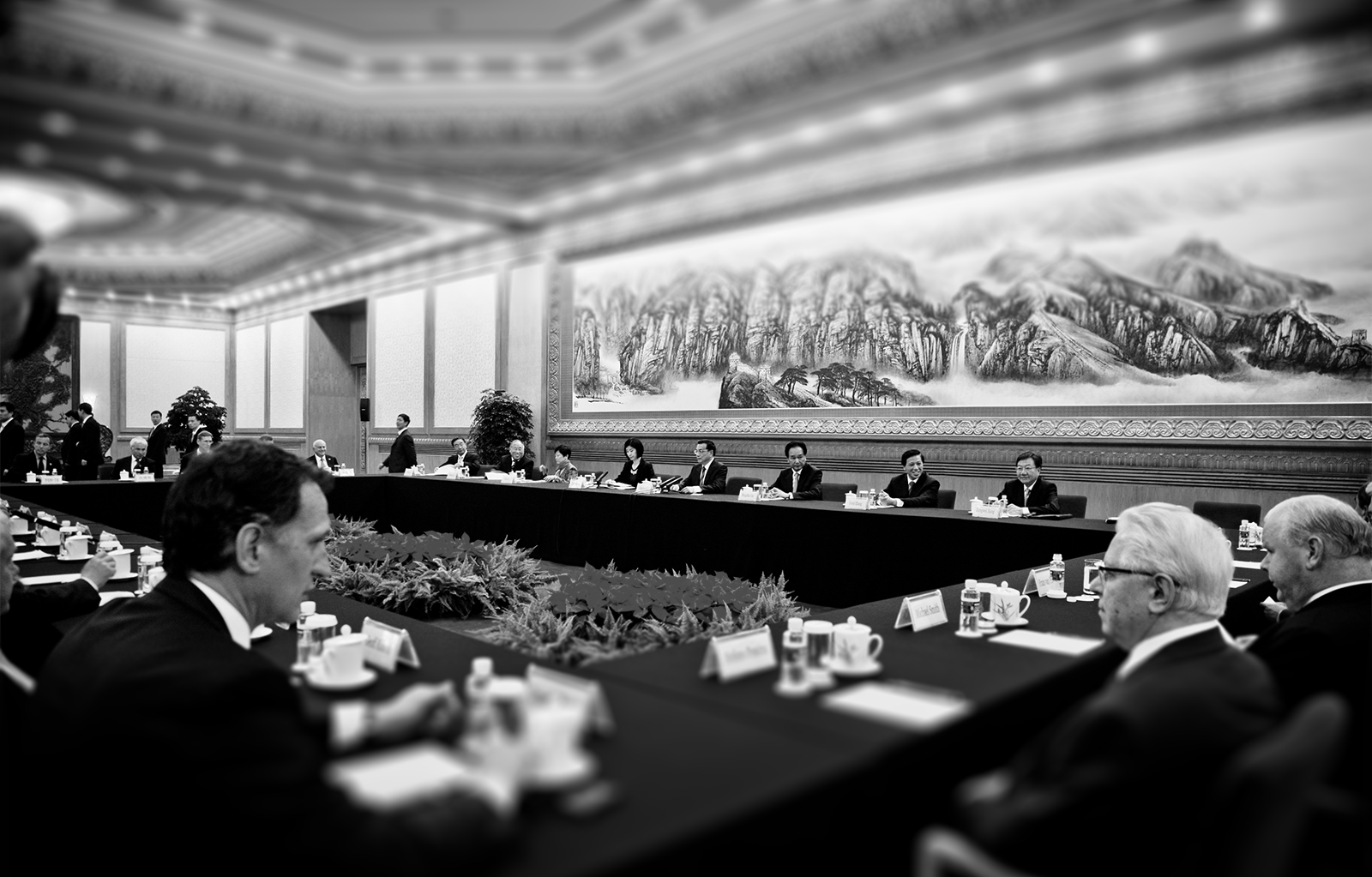This year has all signs of becoming another bumper year for Chinese overseas mergers and acquisition activity. In the first three months alone, the total value of cross-border deals nearly reached 2015 annual totals ($101bn and $109bn, respectively).
High-profile deals from the last three months include: Dalian Wanda’s $3.5bn acquisition of Legendary Pictures, a US media company, Haier’s $5.4bn takeover of GE’s appliances unit and most notably ChemChina’s record-setting $43bn bid for Syngenta, a Swiss-based agri-business group.
However, all of this overseas business activity is occurring against a backdrop of a Chinese domestic economy that is facing myriad challenges with a slower GDP growth forecast of 6.5 per cent, reduced domestic demand and decreasing industrial profits not to mention industrial overcapacity.
Now the outlook for Chinese overseas M&A may not be as bright as it seems despite the impressive Q1 figures. Chinese corporate investors are finding that it is no longer sufficient simply to “write the biggest check,” as their deals face heightened scrutiny from overseas businesses and governments alike.
We believe there are several reasons why 2016 won’t be the record year everyone is predicting, and why overseas M&A figures originating from China may take a dip before China becomes an enduring M&A player on the international stage.
Reason 1: Increasing Pressure for Transparency
When Anbang dropped its $14bn bid for Starwood, a US hotels group, a lot of uncertainty prevailed: would this unlisted provincial car insurer founded in 2004 finally have access to the financing it claimed?
Although its political connections (the company’s chairman Wu Xiaohui is married to a grand-daughter of China’s former paramount leader Deng Xiaoping) would normally have helped, they seem to have backfired as Wall Street appeared suspicious of party and government influence.
The Anbang deal is not alone. As China’s role in international M&A continues to intensify, Chinese firms are coming under increased pressure by those involved in these deals for greater transparency with regard to ownership structure, funding sources and corporate governance. It’s not just about going out with the highest bid,but also the need to ensure the buyers will be good stewards of the business post-acquisition. Due diligence works both ways.
Meanwhile, the European Union is looking deeply into granting – or not – China a market economy status and finalising a Bilateral Investment Treaty (BIT). Although these two would certainly help transparency and rules, market economy status looks increasingly unlikely this year, and BIT is under negotiation. The UK is also implementing rules requiring greater transparency. It just introduced a new law that stipulates all businesses which own more than 25 per cent of a British asset must keep a register of the people who have control over them.
Reason 2: Growing National Security Concerns
In addition to overseas investment bankers and acquisition targets, foreign governments are growing increasingly wary of Chinese acquirers. There are obvious discrepancies between the US and European approaches, as neither the EU – nor individual member states – have set any kind of system to monitor inward investment such as the Committee on Foreign Investment in the US (CFIUS).
In the US, the situation is quite different: In March 2016, ZTE, the state-owned Chinese telecommunications firm, was added to a sanctions-related blacklist by the US government for national security reasons and in Europe a recent $3bn deal with Chinese investors was recently dropped by Philips Lighting because of US pressures.
Governments, businesses and the public naturally fear what they don’t understand. The less clear their investment objectives are for acquiring international businesses, the more scrutiny and regulatory challenges Chinese firms will face.
Reason 3: Debt Pressure is Rising
On the same day Anbang declared that it would abandon its bid for Starwoods, the Shanghai-based Fosun group announced that it would stop pursuing overseas acquisitions.
Over the last two years, Fosun has acquired approximately 50 firms across a variety of sectors, which include French resort operator Club Méditerranée, Greek retailer Folli Follie and a series of high profile insurance (Portugal’s Caixa Seguros, Meadowbrook) and real estate assets. According to reports, Fosun’s net debt rose to 112 per cent of equity attributable to shareholders at the end of 2014 and ended last year at 91 per cent.
Fosun’s decision demonstrates that Chinese firms do not have unlimited access to funding to help advance overseas M&A initiatives. As with companies from any other country, there is a limit to how much a single Chinese firm can absorb and integrate while pushing forward with new investment initiatives. The handful of companies that repeatedly appear in the headlines will likely need to follow Fosun’s lead and reassess their long-term global M&A strategy before diving into the next deal.
We are not saying that the massive increase in M&A originating from China will reach an end, but that there is likely going to be a correction as Chinese companies adjust to the fact that successful deals are no longer sealed simply by writing the biggest check. While the investment capital will certainly help, executives will need to be able to answer questions about where the capital is coming from, who owns the company and how the acquisition will be managed within the existing business portfolio.
This piece was originally published in the Financial Times.
By: Philippe Le Corre and Joel Backaler, Source: Brookings, April 20, 2016









